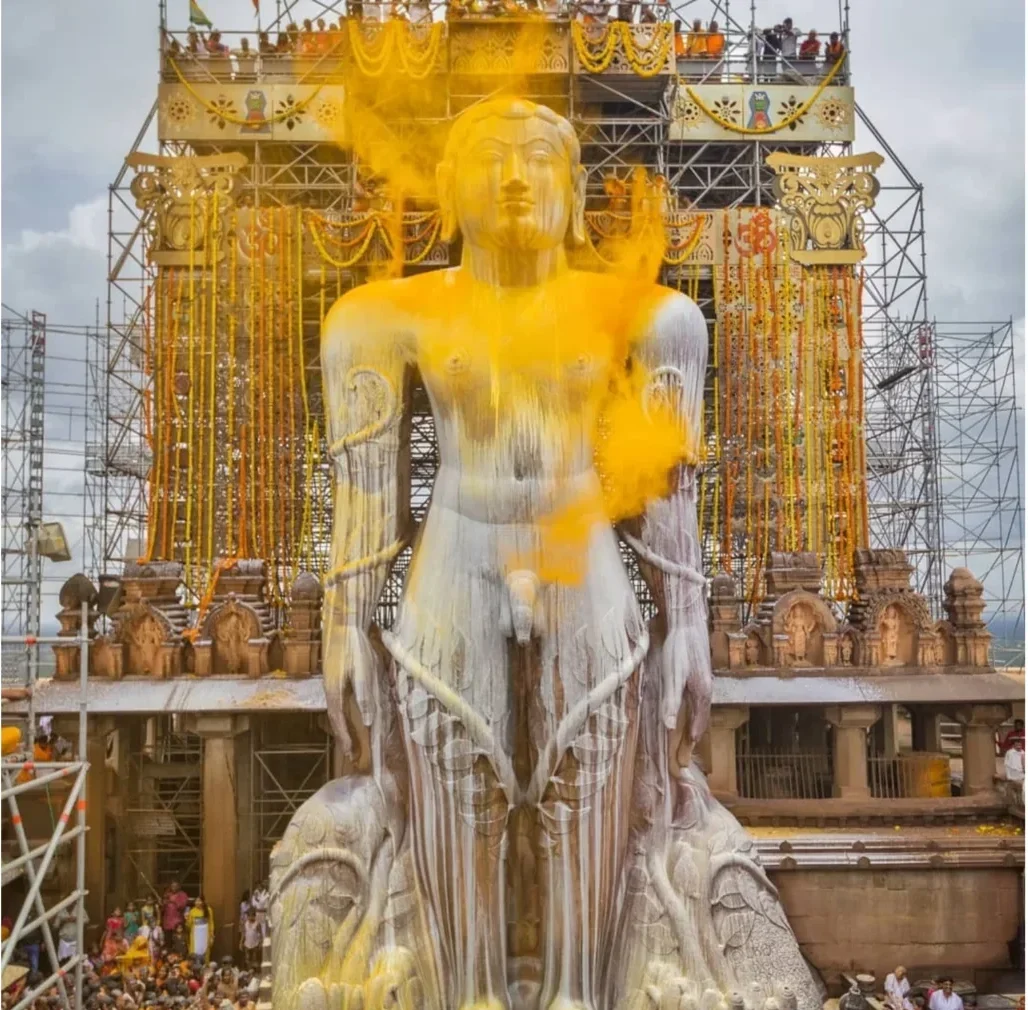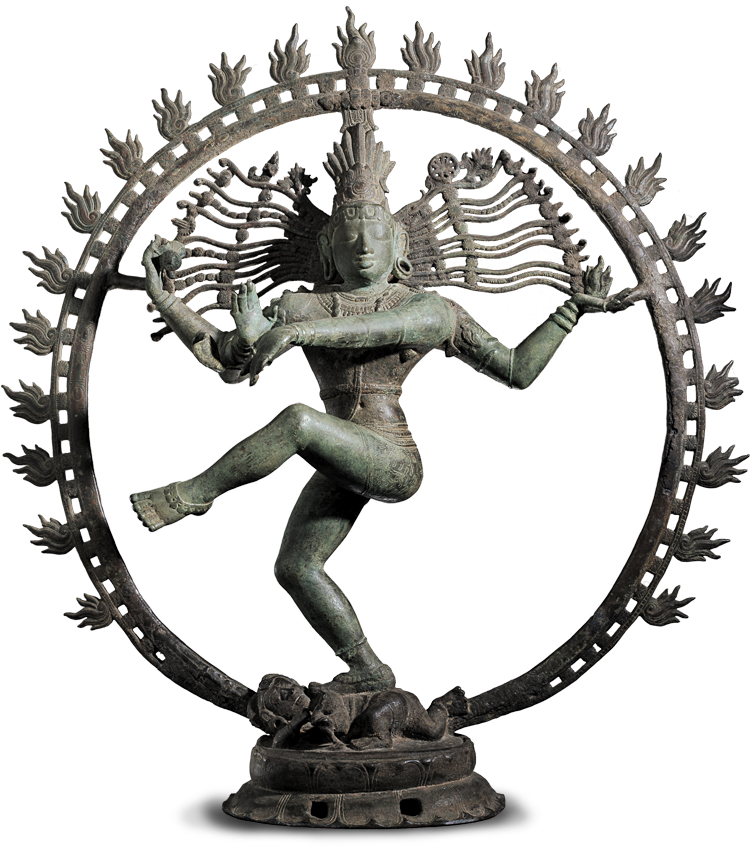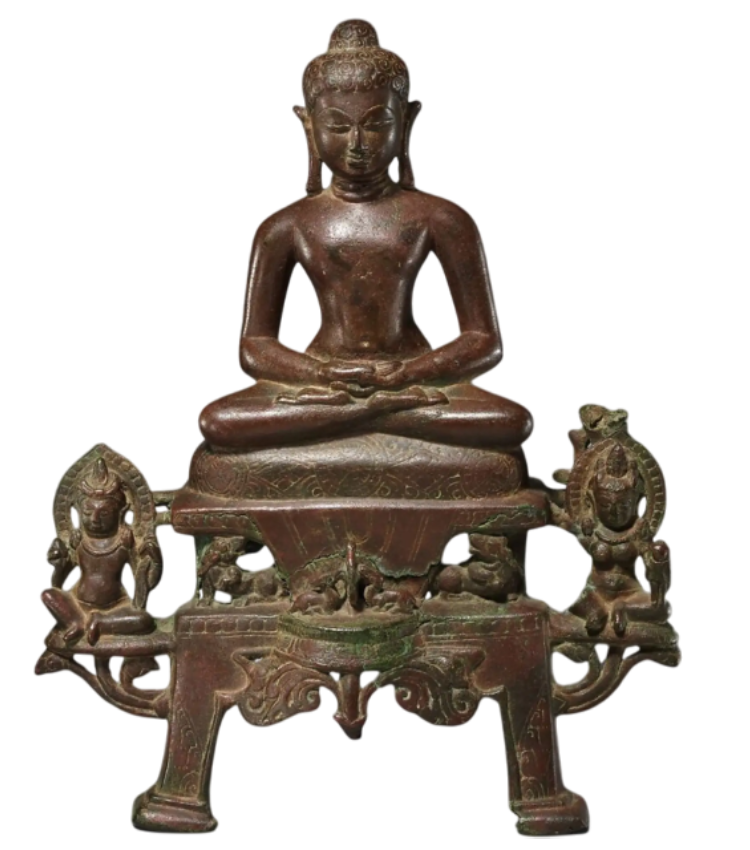





Welcome to the Digital world of Jainism
Not just a religion, but a way of life that has quietly held timeless truths for thousands of years.
In a world that’s constantly rushing, Jainism teaches us to pause. reflect. choose wisely.
In a time where everyone wants more, Jainism reminds us to ask—what truly matters?
But here’s something most people don’t know:
Jain principles are universal—designed for anyone who’s simply looking to live more consciously, more compassionately, and more calmly.
Ever wished the world was a little more compassionate? It starts with us. Ahimsa isn’t just about avoiding harm—it’s about choosing kindness in everything we do. From the way we speak to the food we eat and even the products we buy, small mindful choices can create a massive impact.
In a world obsessed with ‘more,’ true happiness often lies in ‘less.’ Aparigraha teaches us that real joy comes not from hoarding things but from appreciating what we have. Ever felt the relief of decluttering? That’s this principle in action! Living simply doesn’t mean giving up on comforts—it means making space for what truly matters.
Think of a time you set a goal and stuck to it—maybe a fitness routine, a savings plan, or even limiting screen time. That discipline, that self-control, is what Tapasya is all about. It’s not about restrictions but about gaining control over your habits, emotions, and energy. And when you do? Life feels lighter, clearer, and more purposeful.
Ever wished the world was a little more compassionate? It starts with us. Ahimsa isn’t just about avoiding harm—it’s about choosing kindness in everything we do. From the way we speak to the food we eat and even the products we buy, small mindful choices can create a massive impact.


Ever wished the world was a little more compassionate? It starts with us. Ahimsa isn’t just about avoiding harm—it’s about choosing kindness in everything we do. From the way we speak to the food we eat and even the products we buy, small mindful choices can create a massive impact.
✔ What if one plant-based meal a week could be your first step toward a more compassionate world?
✔ Could a simple pause before buying help you declutter your life—and your mind?
✔ What changes when you start your day with gratitude instead of your phone?
✔ How differently would you treat the world if you saw every life—tiny or large—as sacred?
✔ What if listening to other perspectives didn’t weaken your beliefs—but made them wiser?


Ever wished the world was a little more compassionate? It starts with us. Ahimsa isn’t just about avoiding harm—it’s about choosing kindness in everything we do. From the way we speak to the food we eat and even the products we buy, small mindful choices can create a massive impact.

Looking for mindful eating tips?
We’ve got you.


Curious about success stories of mindful living?
You’re in the right place.
No pressure, no rules—just an invitation to slow down, reflect, and make choices that truly matter. After all, isn’t that what we all want? A life that feels good, inside and out.
Let’s explore this journey together. Because wisdom has no boundaries, and neither do we.
In ancient days, besides fulfilling the spiritual needs of a person, the temple was a place for learning, dedication of music and dance. The temples of those days were like the community centres of today. Renovation and preservation of temples are rooted in our culture. They are symbols of faith which fetch peace and have given Mother India a distinct identity. Another significance of the temple is its structural representation of the human body. The temple represents the physical body and the heart is the Sanctum Sanctorum where we experience the Lord’s presence.
In ancient Indian texts, a temple is a place for Tirtha – pilgrimage. It is a sacred site whose ambience and design attempts to symbolically condense the ideal tenets of Hindu way of life. All the cosmic elements that create and celebrate life in Hindu pantheon, are present in a Hindu temple – from fire to water, from images of nature to deities, from the feminine to the masculine, from kama to artha, from the fleeting sounds to incense smells is part of a Hindu temple architecture. – Mahaperiyava
At present, there are over 5,000 ancient dilapidated temples just in Tamil Nadu alone. Oftentimes, miscreants are damaging such monuments and some sculptures are disappearing from villages. In other areas, these ancient temples are being demolished and the land is being sold off illegally. Hindu temples reflect synthesis of tradition, arts, the ideals of Sanatana Dharma, beliefs, values, and the way of life cherished under Hinduism. It is a link between man, deities, and the Paramathma (God) in a sacred space.
What would life be like for future generations if these sacred ancestral lands and temples are ripped away?
At present, there are over 5,000 ancient dilapidated temples just in Tamil Nadu alone. Oftentimes, miscreants are damaging such monuments and some sculptures are disappearing from villages. In other areas, these ancient temples are being demolished and the land is being sold off illegally. Hindu temples reflect synthesis of tradition, arts, the ideals of Sanatana Dharma, beliefs, values, and the way of life cherished under Hinduism. It is a link between man, deities, and the Paramathma (God) in a sacred space.
Get inspiring content delivered & exclusive discounts when you Sign up for our newsletter!
Get inspiring content delivered & exclusive discounts when you Sign up for our newsletter!